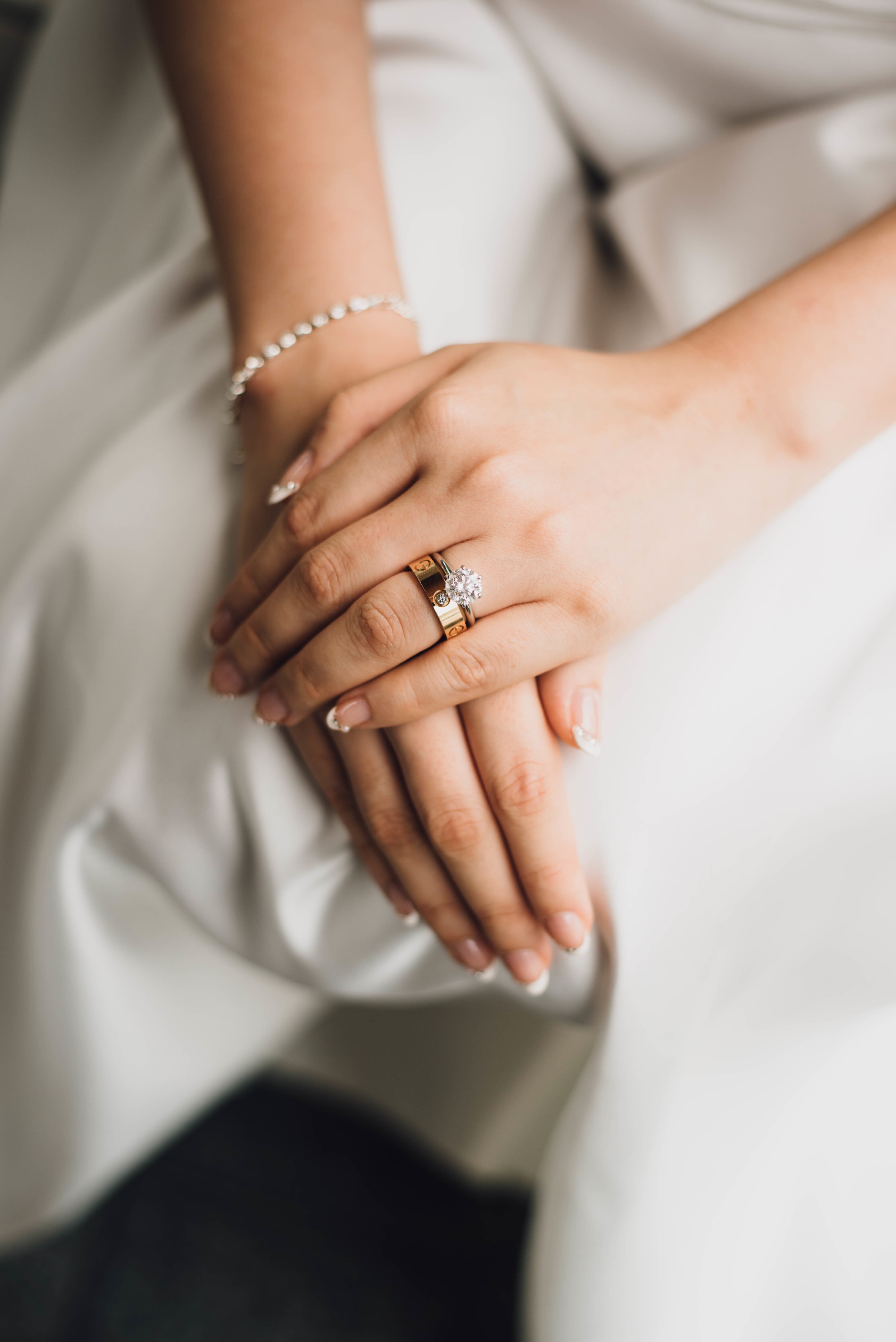
- 6 Jun 2018
- Law Blog
In recent years there has been a rise in the number of couples getting a pre-nuptial agreement – also known as a pre-marital agreement and commonly known as a pre-nup. In this article, we explain what a pre-nuptial agreement is, why they are important, and the reasons why you might want to consider getting one if you are getting married.
What is a pre-nup?
A pre-nup is a formal, written agreement made between the two people who are getting married before their marriage takes place.
It details how their belongings such as property, money and other assets will be divided should their marriage unfortunately break down in the future.
Is a pre-nup legally binding?
Whilst they are not currently 100% legally binding, the Courts in England and Wales do weight them heavily as evidence. The existence of an agreement will be taken into account and it can carry a lot of weight when it comes to deciding how the matrimonial assets should be divided.
In a landmark case in 2010 (Radmacher v. Granatino) the court ruled that there were circumstances when the parties should be held to the terms of the agreement. The Court does have the power to waive any agreement if it is considered to be unfair, especially if it is considered to be unfair to any children of the marriage. So whilst they are not set in stone, at the same time there needs to be a reason for the courts not to take them into account.
What is included in a pre-nup?
Whilst each pre-nuptial is unique depending on the circumstances of the two people who are entering into it, pre-nuptials will generally contain a list of each partners assets and what is to happen to them should the marriage end. If the couple have children, either together or from previous relationships or marriages, then the agreement may detail the financial arrangements for them as well.
Why get a pre-nup?
Broaching the subject of a pre-nuptial agreement can be tricky. After all, you’re about to get married, and no couple goes into a marriage thinking that they’re ever going to get divorced. So, one partner suggesting to the other that they should consider a pre-nup is hardly going to be considered as the most romantic and encouraging of gestures. However, they can be extremely important, as they provide a clear agreement as to what should happen to money, assets and property in the future, giving both partners certainty and peace of mind that they will be ok should their marriage sadly end. It is also better to tackle the issue at the beginning rather than having to make the sad situation of a divorce even worse by battling over money, property and children in court.
Key reasons for getting a pre-nup can include one partner wanting to protect certain assets for their children from a previous relationship, wanting to protect specific assets and money they have previously inherited or are expected to inherit, or substantial savings. It may also be that there are certain assets or property that it would be hard to divide or wouldn’t want to divide in the event of a divorce, and some people want the reassurance of a pre-nuptial if they have gotten a divorce previously and feel that they weren’t treated fairly by the courts back then. More generally, some couples just have different attitudes when it comes to money, savings and spending, and in the more extreme cases some partners may already come to the marriage with lots of outstanding debt and their spouse to be may want to be protected from being liable to pay that debt in the event of a divorce.
A final key reason why people choose to get a pre-nuptial agreement is that one or both partners own a business. If you are a business owner and don’t draw up a pre-nuptial agreement then you may find that your business gets included when your assets are distributed during a divorce, which may mean the sale of your business. You can ringfence your business in a pre-nuptial agreement to reduce the risk of this.
What needs to happen for a pre-nup to be accepted?
In order for a pre-nuptial agreement to be accepted by the court, it needs to have been drawn up by a qualified solicitor, with each partner having their own separate solicitor in order to avoid any conflict of interest. The partners must fully understand the pre-nuptial agreement, agree to it voluntarily, and their solicitors must be able to confirm that this is the case. Both partners must fully disclose all of their assets and properties in the agreement, and finally the agreement needs to be signed at least 21 days before the marriage. If the agreement cannot be signed 3 weeks before the wedding, or indeed you are already married, then you and your spouse can still enter into a post-nuptial agreement, which will be treated in exactly the same way as a pre-nuptial agreement.
Sills & Betteridge Solicitors offer the full range of legal services, including drawing up pre-nuptial and post-nuptial agreements, to both private individuals and business clients. We have offices in [office_list], though our clients are based all over the UK. For more information about pre-nuptial agreements, please contact us on 0800 542 4245, email us on info@sillslegal.co.uk or call in to one of our offices.



